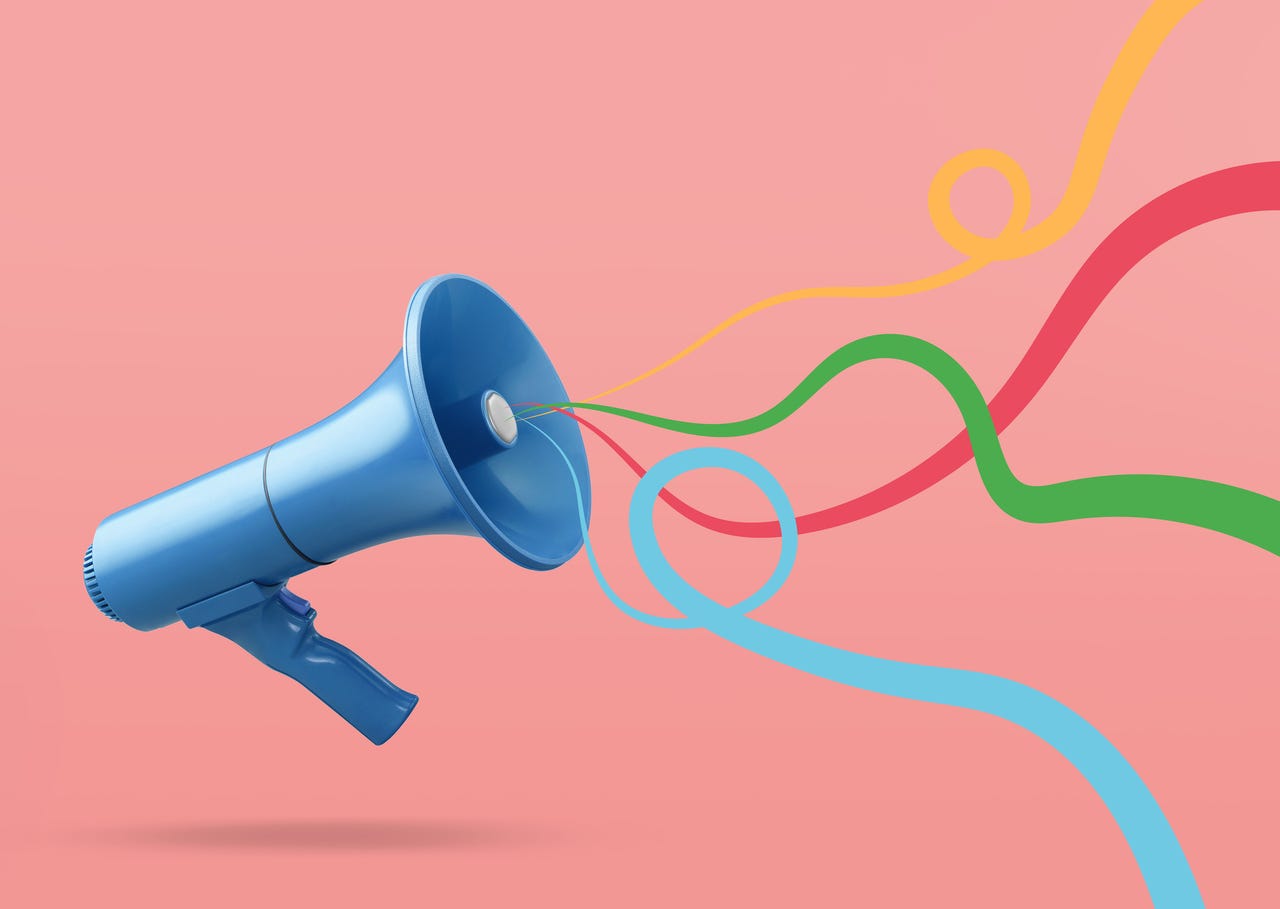YouTube touts AI principles to protect music creation


YouTube has established broad principles to guide its approach to artificial intelligence (AI), with the aims of embracing AI responsibly and safeguarding the music industry.
The Google-owned video-streaming site said Monday its "first-ever set of AI music principles" would help facilitate creativity while protecting artists on its platform. These principles include the recognition that "AI is here" and should be embraced responsibly by the company alongside its music partners.
Also: How AI helped get my music on all the major streaming services
"Advancements in generative AI are no longer a future promise," YouTube CEO Neal Mohan said in a blog post. "Millions of people already embrace it in their day-to-day lives, from finding useful information to increasing creativity and productivity. YouTube creators in particular have embraced AI to streamline and boost their creative processes."
So far this year, videos related to AI tools on the platform have clocked more than 1.7 billion views.
With AI driving a new era of creative expression, Mohan said it then was necessary to include "appropriate protections" for artists. He noted that YouTube had rolled out various tools in previous years, including its rights management technology Content ID, which helps ensure copyright holders are paid for the use of their content.
Also: Five ways to use AI responsibly
Now, with the emergence of generative AI, new tools must be identified and built that will enable creators to continue making money on the video platform, he said. YouTube will also will need to tap AI to safeguard the music industry against new issues generated by emerging technology.
"Generative AI systems may amplify current challenges like trademark and copyright abuse, misinformation, spam, and more," Mohan said.
"But AI can also be used to identify this sort of content and we'll continue to invest in the AI-powered technology that helps us protect our community of viewers, creators, artists, and songwriters."
These tools include policies and detection and enforcement systems, such as Content ID, which operate in the backend, said Mohan, adding that some of these technologies are already applied to AI-generated content. One of the company's policies, for instance, prohibits the uploading of videos that have been technically manipulated to promote false claims.
Also: The best AI chatbots: ChatGPT and other noteworthy alternatives
The new principles -- framed broadly around the need to embrace AI responsibly and develop appropriate tools to protect artists -- will play a critical role in YouTube's overall approach to AI.
Mohan revealed that more details will be shared "in the months ahead" on specific technologies, monetization opportunities, and policies. YouTube also hopes to pull in more partners to support its efforts.
For now, the company has inked a partnership with Universal Music Group to launch the AI Music Incubator program. This initiative aims to drive awareness among artists, songwriters, and producers of YouTube's approach to generative AI in music, and to help steer its technological direction.
The partnership brings together "a working group" comprising the music industry's stakeholders to explore and provide feedback on AI-related music tools, Universal Music Group Chairman and CEO Lucian Grainge wrote in a blog post.
Also: Today's AI boom will amplify social problems if we don't act now
"Today's rapid technological advancements have enabled digital manipulation, appropriation, and misattribution of an artist's name, image, likeness, voice and style -- the very characteristics that differentiate them as performers with unique vision and expression," Grainge said.
"Given this tension, our challenge and opportunity as an industry is to establish effective tools, incentives, rewards, and rules of the road that enable us to limit AI's potential downside, while promoting its promising upside. If we strike the right balance, I believe AI will amplify human imagination and enrich musical creativity in extraordinary new ways."